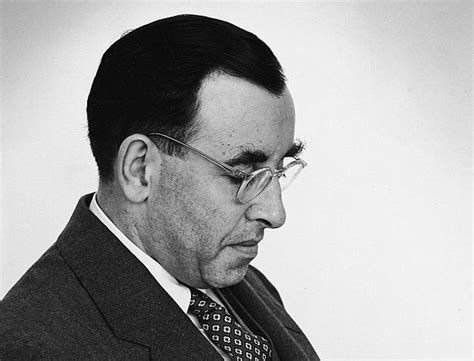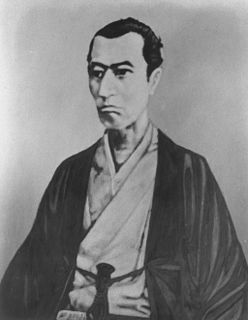A Quote by Lev Grossman
That’s what death did, it treated you like a child, like everything you had ever thought and done and cared about was just a child’s game, to be crumpled up and thrown away when it was over. It didn’t matter. Death didn’t respect you. Death thought you were bullshit, and it wanted to make sure you knew it.
Related Quotes
For years following the death of my mother, I wanted to write about her. I started writing what I thought of as personal essays about growing up as her child, but I never could finish any of them. I think I was too close to that loss, and too eager to try and resolve things, to make her death make sense.
Death is not earnest in the same way the eternal is. To the earnestness of death belongs precisely that remarkable capacity for awakening, that resonance of a profound mockery which, detached from the thought of the eternal, is an empty and often brash jest, but together with the thought of the eternal is just what it should be, utterly different from the insipid solemness which least of all captures and holds a thought with tension like that of death.
Someone's killed 100,000 people. We're almost going, "Well done! You killed 100,000 people? You must get up very early in the morning! I can't even get down the gym. Your diary must look odd: 'Get up in the morning, death, death, death, death, death, death, death - lunch - death, death, death - afternoon tea - death, death, death - quick shower ...' "
We should think more about it, and accustom ourselves to the thought of death. We can't allow the fear of death to creep up on us unexpectedly. We have to make the fear familiar, and one way is to write about it. I don't think writing and thinking about death is characteristic only of old men. I think that if people began thinking about death sooner, they'd make fewer foolish mistakes.
If a general and his men fear death and are apprehensive over possible defeat, then they will unavoidably suffer defeat and death. But if they make up their minds, from the general down to the last footsoldier, not to think of living but only of standing in one place and facing death together, then, though they may have no other thought than meeting death, they will instead hold on to life and gain victory.
Such a thing as the child left alone to die in the hallway was unknown on the marsh. But here, in the dawn, was mortality itself. In the city were places to fall from which one could never emerge -- dark dreams and slow death, the death of children, suffering without grace or redemption, ultimate and eternal loss. The memory of the child stayed with him. But that was not to be the end of it, for reality went around in a twisting ring. Even the irredeemable would be redeemed, and there was a balance for everything. There had to be.
I yearn for the darkness. I pray for death. Real death. If I thought that in death I would meet the people I've known in life I don't know what I'd do. That would be the ultimate horror. The ultimate despair. If I had to meet my mother again and start all of that all over, only this time without the prospect of death to look forward to? Well. That would be the final nightmare. Kafka on wheels.
No matter what his crimes were, Alton Sterling did not deserve to be executed for them. Look, guys, the punishment for resisting arrest shouldn't be death. The punishment for selling bootleg CDs shouldn't be death. The punishment for having a gun in an open-carry state shouldn't be death. The punishment for being a black man shouldn't be death.
If I had my life over again I should form the habit of nightly composing myself to thoughts of death. I would practise, as it were, the remembrance of death. There is no other practice which so intensifies life. Death, when it approaches, ought not to take one by surprise. It should be part of the full expectancy of life. Without an ever-present sense of death life is insipid.
Again, somehow, one saw life, a pure bead. I lifted the pencil again, useless though I knew it to be. But even as I did so, the unmistakable tokens of death showed themselves. The body relaxed, and instantly grew stiff. The struggle was over. The insignificant little creature now knew death. As I looked at the dead moth, this minute wayside triumph of so great a force over so mean an antagonist filled me with wonder. Just as life had been strange a few minutes before, so death was now as strange.







































